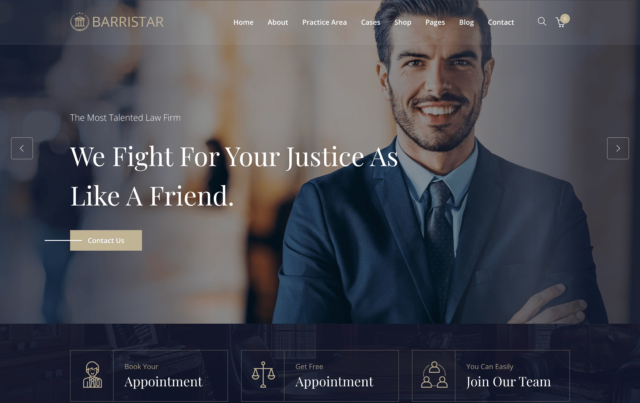Attorney Advertising Rules for the State of South Dakota
Read for more information on the rules for online advertising for South Dakota attorneys
In South Dakota, attorney advertising is governed by the South Dakota Rules of Professional Conduct, specifically Rules 7.1 through 7.5. These rules are designed to ensure that communications about legal services are truthful, not misleading, and uphold the integrity of the legal profession.
Rule 7.1: Communications Concerning a Lawyer’s Services
This rule prohibits lawyers from making false or misleading communications about their services. A communication is considered false or misleading if it:
- Contains a material misrepresentation of fact or law, or omits a fact necessary to make the statement not materially misleading.
- Is likely to create an unjustified expectation about results the lawyer can achieve.
- Compares the lawyer’s services with others, unless the comparison can be factually substantiated.
For example, advertisements that guarantee specific outcomes or include client testimonials may violate this rule if they create unjustified expectations.
Rule 7.2: Advertising
Lawyers are permitted to advertise their services through various media, provided they adhere to certain conditions:
- Payment for Recommendations: Lawyers shall not give anything of value to a person for recommending the lawyer’s services, except for paying the reasonable costs of advertisements or communications permitted by this rule and paying the usual charges of a not-for-profit lawyer referral service or other legal service organization.
- Required Disclosures: Advertisements must include the name and office address of at least one lawyer or law firm responsible for their content.
- Retention of Advertising Records: A copy or recording of an advertisement or communication must be kept for two years after its last dissemination, along with a record of when and where it was used.
These provisions ensure transparency and accountability in lawyer advertising.
Rule 7.3: Solicitation of Clients
This rule addresses direct solicitation of clients:
- Prohibited Solicitations: A lawyer shall not, by in-person, live telephone, or real-time electronic contact, solicit professional employment when a significant motive for doing so is the lawyer’s pecuniary gain, unless the person contacted is a lawyer or has a family, close personal, or prior professional relationship with the lawyer.
- Permitted Written Communications: Solicitation through written, recorded, or electronic communication is permitted under certain conditions, provided it complies with Rule 7.1 and is not coercive or harassing. Such communications must include the words “Advertising Material” on the outside envelope and at the beginning and ending of any recorded or electronic communication, unless the recipient is a person specified in the exceptions.
These guidelines are in place to protect potential clients from undue influence or harassment.
Rule 7.4: Communication of Fields of Practice and Specialization
Lawyers may communicate the fact that they do or do not practice in particular fields of law. However, a lawyer shall not state or imply that they are certified as a specialist in a particular field of law, unless they have been certified by an organization approved by an appropriate authority or accredited by the American Bar Association, and the name of the certifying organization is clearly identified in the communication.
This rule ensures that claims of specialization are verifiable and not misleading to the public.
Rule 7.5: Firm Names and Letterheads
This rule governs the use of firm names and professional designations:
- Use of Trade Names: A law firm may use a trade name in private practice if it is not misleading and does not imply a connection with a government agency or with a public or charitable legal services organization.
- Names of Lawyers: The use of names of deceased or retired members is permissible if the firm is a bona fide successor. However, the name of a lawyer holding public office must not be used in the firm name during any substantial period in which the lawyer is not actively and regularly practicing with the firm.
These provisions help maintain clarity and prevent public confusion regarding the identity and status of lawyers in a firm.
Attorneys practicing in South Dakota should familiarize themselves with these rules to ensure compliance in their advertising practices. For comprehensive information and resources, attorneys can consult the South Dakota Rules of Professional Conduct, which provide access to the full text of the rules, ethics opinions, and guidelines to assist lawyers in adhering to ethical standards in all aspects of their practice.
Our marketing packages include the following
Search Engine Optimization
Paid Search Management
Legal Content Development
Website Design
Live Chat
Social Media Management









